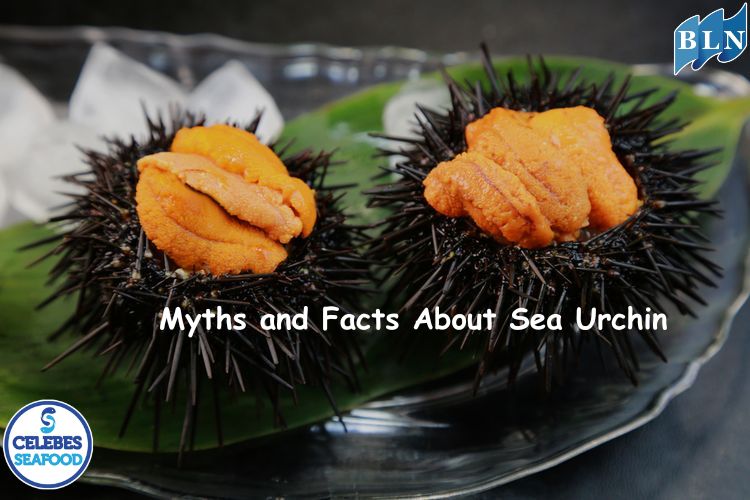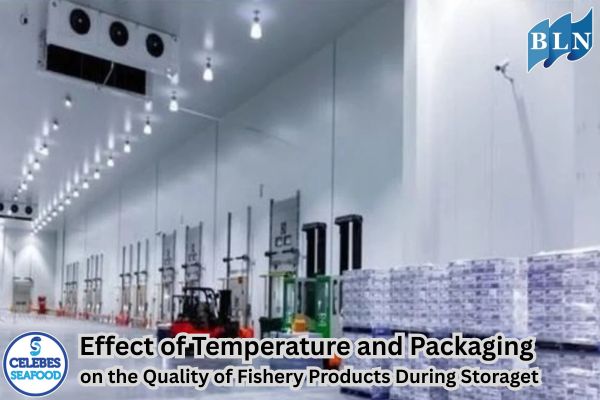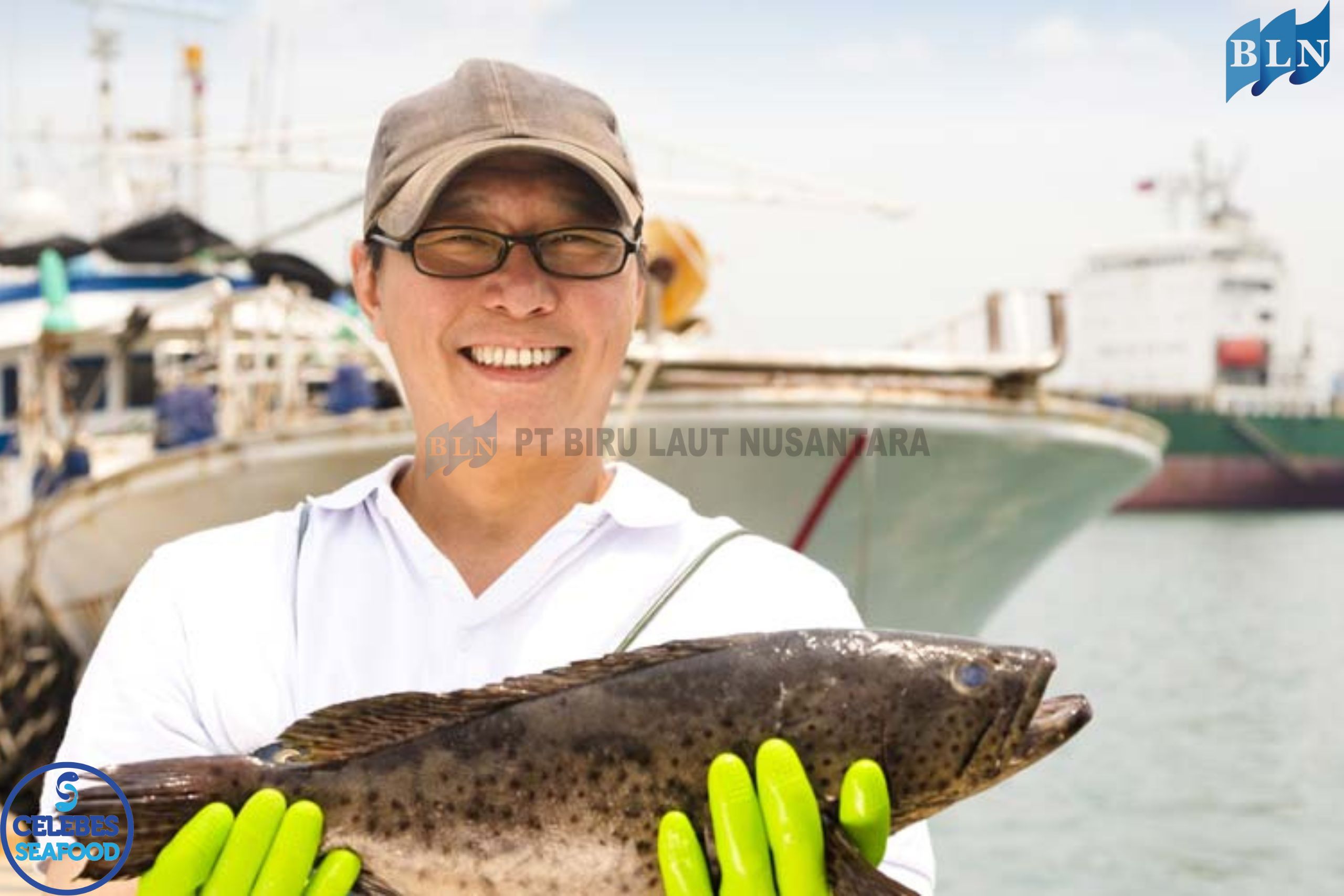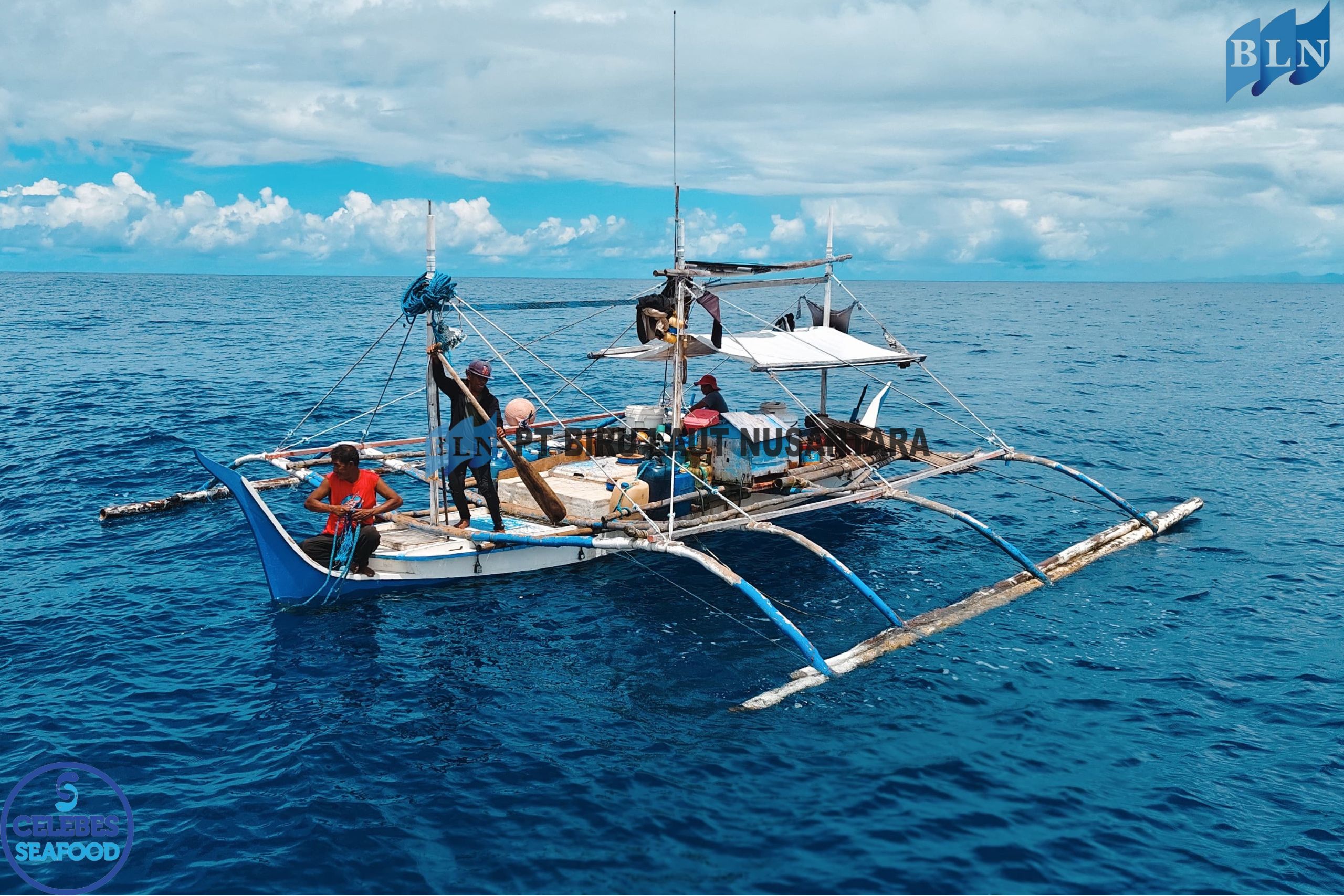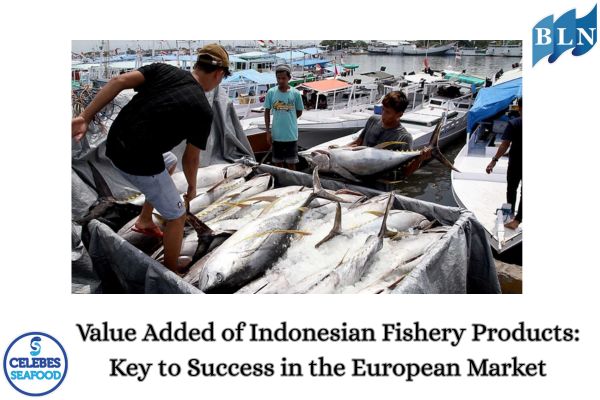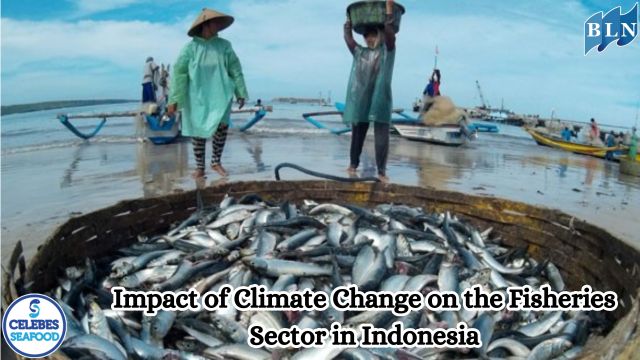Challenges In Modern Grouper Farming
By. Nevanda - 26 Sep 2023
lautnusantara.com - Grouper farming, also known as grouper aquaculture, can be a profitable venture, but it comes with several challenges. Some of the key challenges in grouper farming include:
1. High Initial Investment
Establishing a grouper farm requires a significant upfront investment in infrastructure, including tanks or cages, water quality monitoring systems, and feeding equipment. This financial barrier can be challenging for new entrants.
2. Water Quality Management
Grouper are sensitive to water quality parameters such as temperature, salinity, oxygen levels, and pH. Maintaining optimal conditions can be difficult, especially in open-water systems. Poor water quality can lead to stress and disease in the fish.
3. Disease Management
Grouper are susceptible to various diseases, including viral, bacterial, and parasitic infections. Disease outbreaks can devastate the entire stock and require effective management strategies, including quarantine, vaccination, and disease monitoring.
Read also: 7 Health Benefits You Can Get from Crabs
4. Feeding Challenges
Grouper are carnivorous fish with specific dietary requirements. Providing them with a balanced and cost-effective diet can be a challenge. Overfeeding or underfeeding can lead to health issues and affect growth rates.
5. Regulatory and Environmental Concerns
Compliance with regulations related to aquaculture practices and environmental conservation can be challenging. Grouper farming operations often need permits and must adhere to environmental guidelines to mitigate their impact on surrounding ecosystems.
6. Monosex Culture
Grouper are sexually dimorphic, and for efficient farming, it's ideal to culture only one sex (usually males) to avoid unwanted reproduction. Sex control methods are not always foolproof and can result in mixed populations.
7. Market Fluctuations
The market for grouper products can be volatile, with prices subject to fluctuations. This can pose a challenge in terms of profitability and financial stability.
Read also: Fermented Fish Dishes from Around the World
8. Escapes
In open-water systems, there is a risk of fish escaping from cages or enclosures, potentially impacting wild populations and causing ecological disruption.
9. Transportation
Moving grouper from farms to markets can be logistically challenging, especially for remote or island-based farms. Maintaining the fish's health and quality during transportation is crucial.
10. Climate Change
Grouper farming can be affected by climate change, which can alter water temperatures, salinity levels, and the prevalence of diseases, potentially leading to adverse impacts on fish health and production.
To overcome these challenges, grouper farmers need to adopt best management practices, employ advanced technology for water quality monitoring and disease prevention, and stay informed about industry developments and regulations. Additionally, sustainable and environmentally friendly practices are becoming increasingly important for the long-term success of grouper farming.
